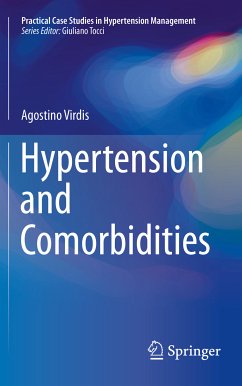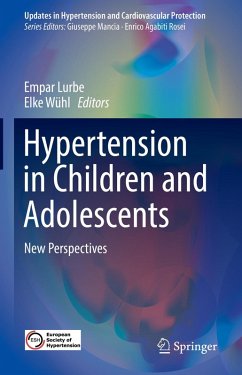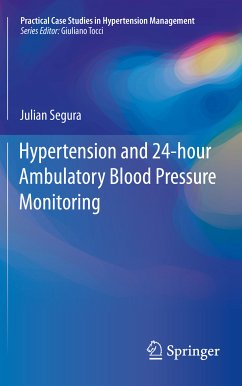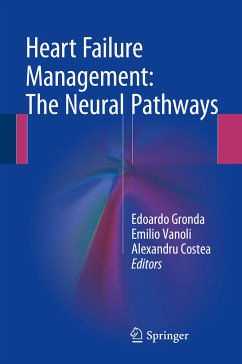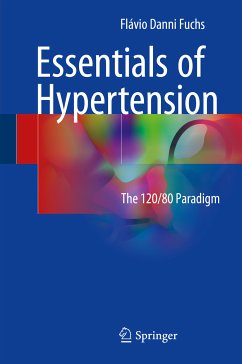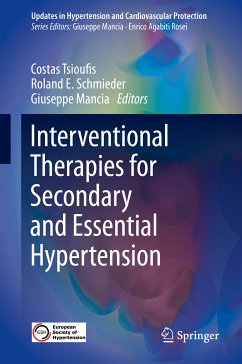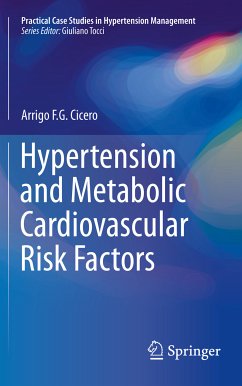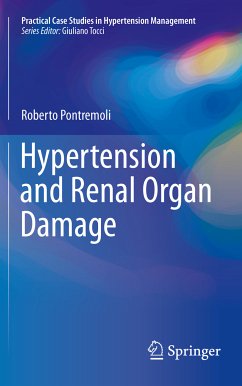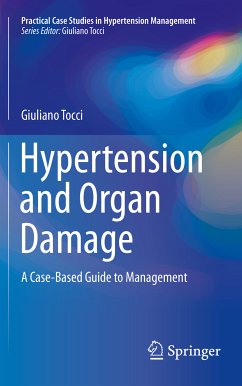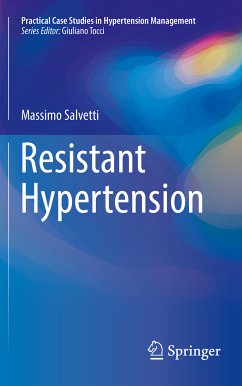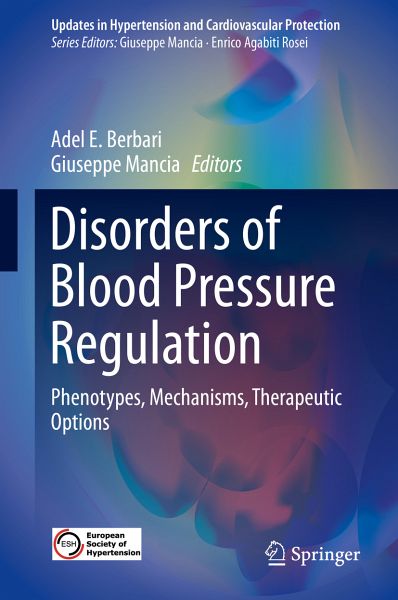
Disorders of Blood Pressure Regulation (eBook, PDF)
Phenotypes, Mechanisms, Therapeutic Options
Redaktion: Berbari, Adel E.; Mancia, Giuseppe
Versandkostenfrei!
Sofort per Download lieferbar
144,95 €
inkl. MwSt.
Weitere Ausgaben:

PAYBACK Punkte
72 °P sammeln!
Presents a comprehensive classification of hypertensive phenotypes based on underlying target organ involvement
Describes the clinical presentation, pathophysiologic mechanism(s), and potential therapeutic options for each phenotype
Includes coverage of less well known phenotypes
Describes the clinical presentation, pathophysiologic mechanism(s), and potential therapeutic options for each phenotype
Includes coverage of less well known phenotypes
Dieser Download kann aus rechtlichen Gründen nur mit Rechnungsadresse in A, B, BG, CY, CZ, D, DK, EW, E, FIN, F, GR, HR, H, IRL, I, LT, L, LR, M, NL, PL, P, R, S, SLO, SK ausgeliefert werden.



